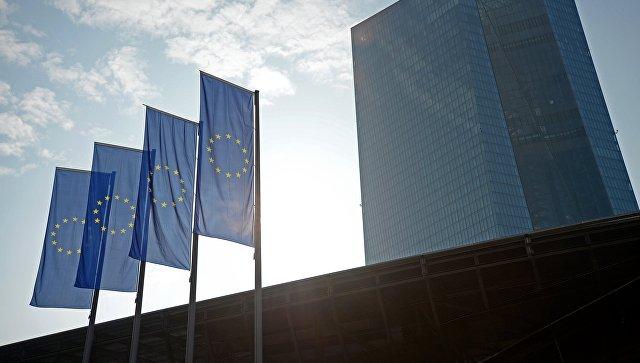BAKU, Azerbaijan, Jan. 8
By Nargiz Sadikhova - Trend:
EU would like the new Enhanced Partnership and Cooperation Agreement to significantly enhance bilateral relations in many areas, including regional cooperation in Central Asia, EU Delegation in Kazakhstan told Trend.
The delegation official said that the Enhanced Partnership and Cooperation Agreement (EPCA) has been ratified by all EU Member States and entered into force on 1 March 2020.
"EPCA is a so-called new generation agreement, which can also serve as a model of future cooperation for other countries. It is worth to know that the EPCA with Kazakhstan has been provisionally implemented already since May 2016 – so already for four years, it has provided a significant boost to economic and political ties between the EU and Kazakhstan. For example, in 1999 total trade amounted to $2.2 billion; while in 2018 it was more than 26 billion euro worth of goods. This trend continues, despite some temporary slowdowns related to the COVID pandemic," the representative said.
The official noted that the EPCA is not only about trade; it provides a reinforced and updated legal framework for the further development of bilateral relations in 29 key policy areas, including political dialogue, human rights, energy, transport, environment, and climate change, employment, and social affairs, culture, education, and research.
"Therefore, the EU would like the new Enhanced Partnership and Cooperation Agreement to significantly enhance bilateral relations in many areas, including regional cooperation in Central Asia (also taking into account the stability of Afghanistan). There is much potential for developing more EU involvement in Kazakhstan and the region. It is now high time to focus on its practical implementation and the new opportunities it will bring to citizens and economic actors. It is necessary to translate those ambitious economic and political commitments into something concrete that people of the region can see and feel. This is also our top priority in responding to the economic impact of the current coronavirus pandemic," the official added.
Apart from the EU-Kazakhstan EPCA, also wider EU-Central Asia relations are undergoing the most dynamic and unprecedented period in its history, the official said, having added that a new EU Strategy for Central Asia was adopted last year.
"Uzbekistan and Kyrgyzstan also initiated negotiations on an Enhanced PCA with the EU, following the example of Kazakhstan. The EU is engaged in supporting independent, peaceful, resilient, and prosperous Central Asian countries. The new Strategy is fully in line with overall EU policies, underpins joint cooperation efforts within the OSCE, and also takes into account the United Nations 2030 Agenda for Sustainable Development," the official said.
"First we have what we call Partnering for Resilience. This means that the EU works with the Central Asian countries for sustained stability in anticipating and addressing challenges affecting their socio-economic goals and security in order to enhance their ability to embrace reform and modernization. We wish to support democracy, human rights, and the rule of law, step up cooperation on migration, intensify cooperation on climate change and tackle other trans-regional environmental challenges to turn them into opportunities," the official said.
"The second focus is on Partnering for Prosperity. It aims to unlock the region's significant growth potential by fostering the development of a competitive private sector and promoting a sound and open investment environment. The EU will cooperate in the development of skills, research, and innovation, with special attention to youth. It will work to address structural constraints in intra-regional trade and investment, support remaining Central Asian states' accession to the World Trade Organisation (WTO), and promote sustainable connectivity," the official concluded.






